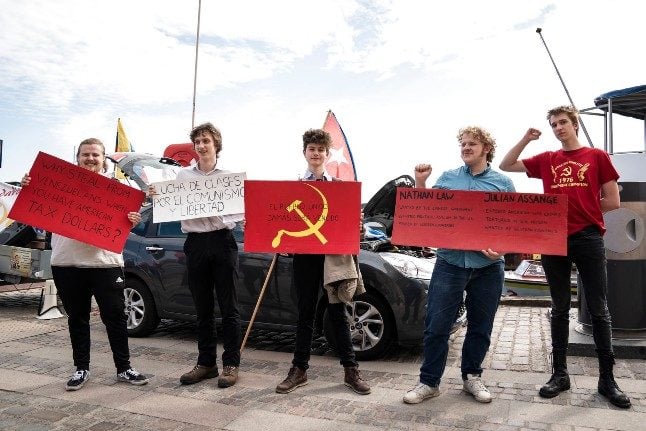Daniel Dai, vice president of Geely Automobile revealed the firm’s plans in a discussion with Swedish business website placera.nu at Geely’s production plant in Ningbo, south of Shanghai.
“By assembling in China we can bring down the cost of the Volvo models,” he said, indicating that further models could soon follow.
Geely had previously made known its intention to examine the option of widespread Volvo production in China.
“Our low cost position will benefit Volvo while it will continue to be a premium brand,” said Daniel Dai.
Zhejiang Geely Holding signed a deal at the end of March to buy Volvo Cars from Ford. The US car maker agreed to sell its Volvo unit for $1.8 billion, less than a third of the $6.4 billion Ford paid for Volvo Cars in 1999.
Daniel Dai expects the final paperwork to be signed in four to five months.
Volvo Cars already has a production facility in China, where it has linked up with local firm Chang’an Automoble to make S40 cars and a version of the S80 sedan.
Volvo has 22,000 employees worldwide, including 16,000 in Sweden.



 Please whitelist us to continue reading.
Please whitelist us to continue reading.
Member comments